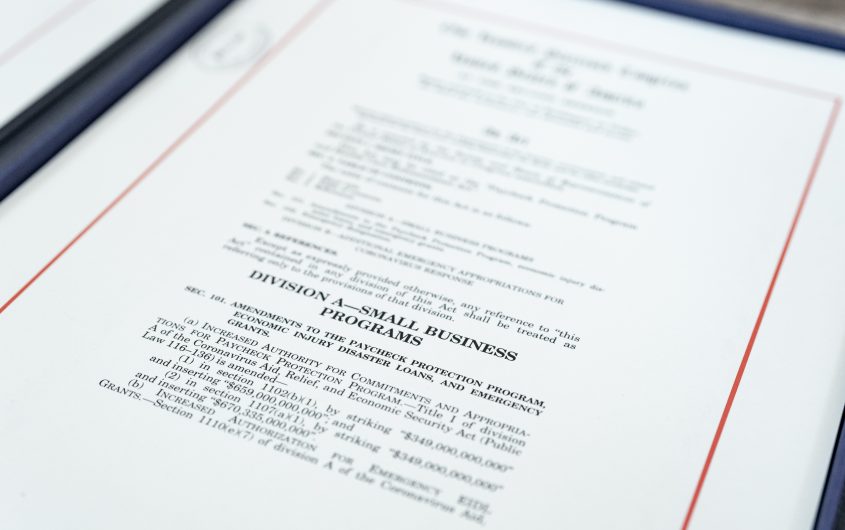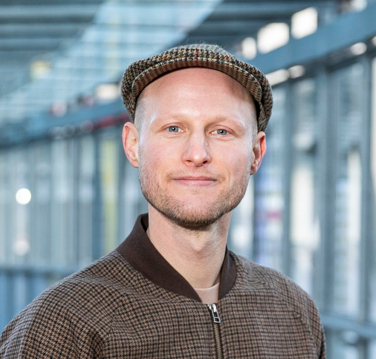
The White House via Flickr
Who CARES?
Bank Types, Inclusivity, and Payroll Protection Program Lending During COVID-19
The centerpiece of the U.S. response to the employment collapse during the COVID-19 pandemic, the Coronavirus Aid, Relief, and Economic Security Act (“CARES Act”) and its Paycheck Protection Program (PPP), represent the largest federal industrial policy intervention into the economy since the New Deal. Overseen by the Small Business Administration (SBA), the PPP channeled nearly a trillion dollars through the nation’s preexisting privately owned and largely for-profit collection of banks and lending institutions. How might differences in bank or lending institution type shape access to credit for small businesses in poor and/or minority communities? How might variation in bank types shape government capacities to direct credit resources to firms in those communities via programs, like the PPP, that operate through the existing banking system? This seminar presents the first results from a larger transatlantic research project on the comparative political economy of finance during COVID-19 in Germany and the United States. It seeks to shed light on institutional impasses and prospective challenges for inclusive economic policymaking in times of crisis.
Join DAAD/AGI Research Fellow Michael Schwan for an analysis of the role of the U.S. banking system in disbursing economic relief loans as part of the SBA’s Paycheck Protection Program.

Michael Schwan is a DAAD/AGI Research Fellow from October to December 2021. Dr. Schwan is a postdoctoral researcher at the University of Cologne in Germany where he is part of the Cologne Center for Comparative Politics (CCCP). He studied Political Science, Sociology, Economic,s and Economic Geography in Marburg, Lucerne, and Cologne and holds a PhD from the University of Cologne’s Faculty of Management, Economics, and Social Sciences. He spent time in the United States during a research stay at Boston University’s Frederick S. Pardee School of Global Studies. As a political economist he is devoted to deciphering socioeconomic foundations and ramifications of financial markets, corporate governance structures, and national growth models. Some of his previous projects have dealt with sovereign debt management, public banking, and regional effects of financial market integration in Europe. Currently, he is working on new forms of institutional ownership, corporate networks, and political-economic reactions to COVID-19.
This event is supported by the DAAD with funds from the Federal Foreign Office.






